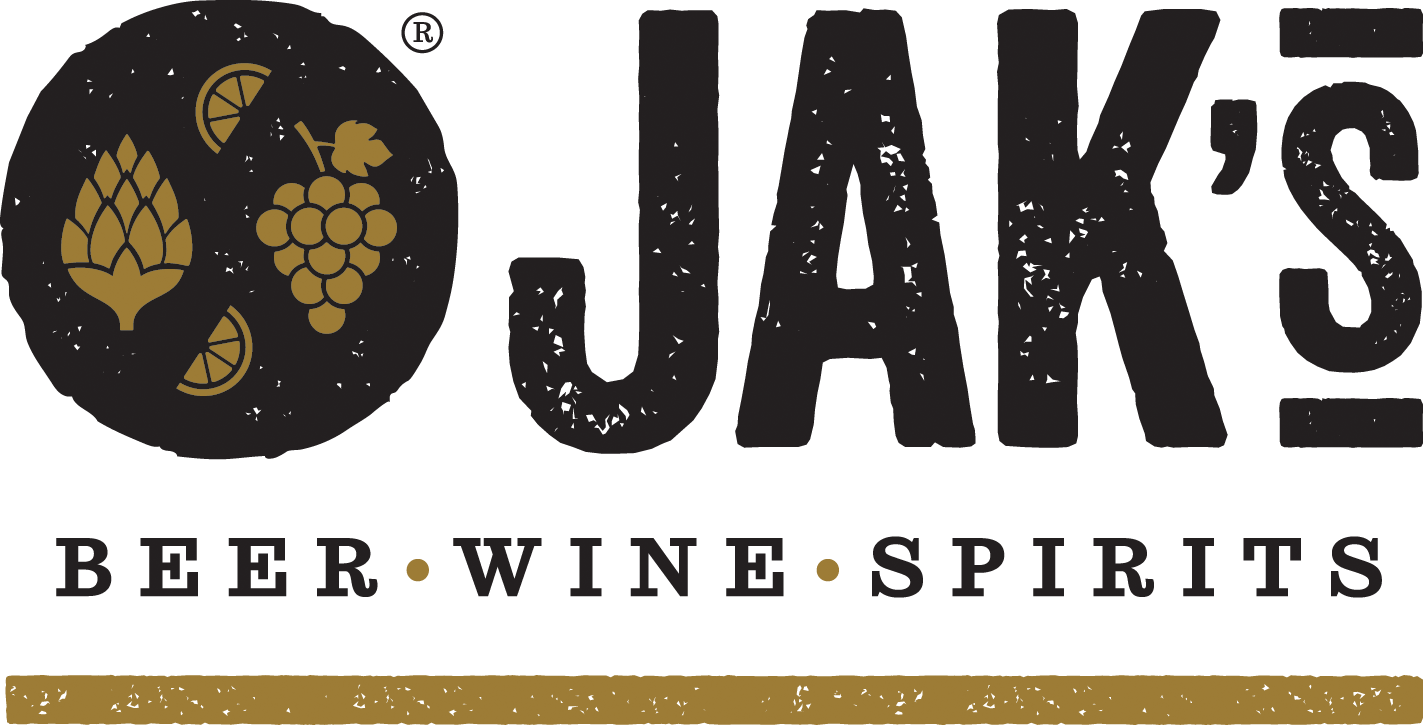The World of Sour Beer is just now getting the comeback it deserves! You're bound to see them across store shelves this summer and they are ideal companions for the summer as they are refreshing and typically low in ABV.
First of all, the term “Sour Beer” isn’t a great term to describe the styles as a whole. Yes, they are more sour than other beer styles, but compared to other beverages like White Wine and Cider, they are actually quite similar. One of the biggest factors that can affect the perceived sourness is the amount of residual sugar left in a drink. This is one reason why Sour Beers might feel more sour; they have very little sugar left in them and can taste more sour at times.
The second important factor that makes Sour Beer unique is the type of sourness. Different acids have different flavours and amounts of perceived sourness. In most Sour Beers, the majority of the acidity is coming from Lactic acid produced by the most important differentiating ingredient: Lactobacillus Bacteria. Most people know this type of tanginess from yogurt, sauerkraut, or kimchi. The tanginess has a pleasant acidity with light flavours of citrus.
In terms of styles of Sour Beer, the real pioneers of the styles were the Belgian Lambic and Flemish breweries. They have a time honoured tradition of ageing the beer in barrels until they were able to blend and achieve the right sour and flavour profile. These days with the advances of microbiology, brewers are able to purchase specific strains of the bacteria (to add along with their yeast) and produce the beers much more quickly.
Finally, Sour Beers go incredibly well with fruit! The Belgian breweries traditionally added cherries (Kriek), raspberries (Framboise), Apricots, and others to their sour beers. The base beer and sour profile help to provide a wonderful canvas on which to taste the full flavour of the fruit.
île Sauvage Raspberry Sour - 5.5%ABV
This beer was fermented with our house mixed-culture of Lactobacillus Bacteria and Brewing Yeast strains. After primary fermentation, we age it on massive amounts of Raspberries. The result is bursting with raspberries and has a crisp, sour finish.
About Ile Sauvage:
Île Sauvage is French for “Wild Island” and is a dual reference to the wilderness of Vancouver Island and our main focus on Belgian-style wild ales and sour beers. We make use of Kveik, Lactobacillus, and Brettanomyces fermentations, as well as secondary fermentations with fruit. Our brewery consists of a combination of stainless steel tanks and an assortment of oak ageing vessels. We opened our doors 2 and a half years ago in Victoria, BC and have a Tasting Room with a full line-up of 16 of our beers.
About Me:
My name is Stephane Turcotte and I am the head Brewer and co-owner of île Sauvage Brewing. I am also an Advanced Cicerone© and love to promote the serving/pouring of beer properly and help in beer education events on Vancouver Island.


